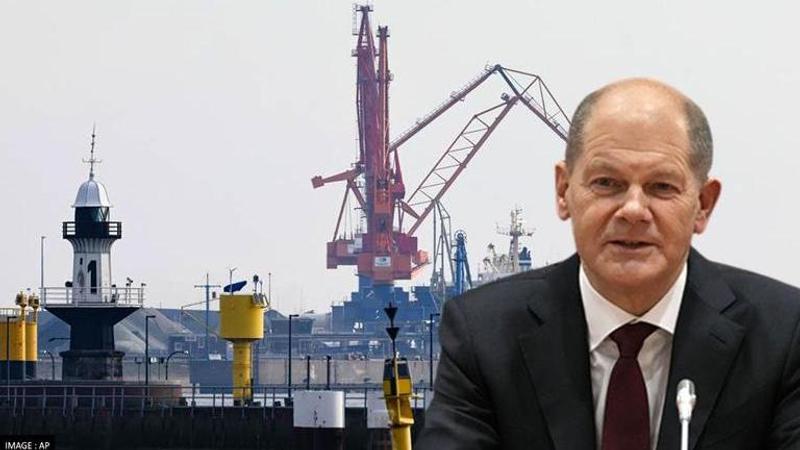Published 22:48 IST, May 5th 2022
Germany acquires four floating LNG terminals in order to limit reliance on Russian gas
Germany, which was previously hesitant about the Russian oil and gas embargo has secured four floating LNG terminals to limit its reliance on Russian gas.

European countries are desperately looking for alternatives for gas to limit their reliance on Russian supplies. Germany, which was previously hesitant about the Russian oil and gas embargo has secured four floating LNG terminals, as per the reports of Euractiv. However, it must be regasified before it can be used for energy, which necessitates the construction of a unique terminal that will take around five years. Faced with the urgent need to find alternatives to Russian energy, the German government is betting on more adaptable floating terminals and onshore locations.
On May 5, Vice-Chancellor Robert Habeck revealed that the state of Lower Saxony will have at least one onshore and one floating LNG facility. He stated that today, more than ever they need to put more sturdy pillars in place for their energy supply, adding that efforts to boost renewables as well as the development of an LNG import system are critical.
Germany announced plans to develop two LNG terminals in February
Earlier in February, Germany announced plans to develop two LNG terminals in Brunsbüttel and Wilhelmshaven in an effort to minimize its reliance on Russian gas. After this, Germany's government said in April that it had made the "urgent" decision to invest around €2.5 billion in four floating LNG terminals. In addition, the federal government has signed an LOI for the chartering of four floating storage and Floating Storage and Regasification Units (FSRUs).
German energy company, Uniper will run the FSRUs. Klaus-Dieter Maubach, who is the CEO of Uniper stated that Russia's war against Ukraine has turned the world upside down and this is especially true for the energy industry. He claimed that they are doing everything they can to assist the German government in its strategy to diversify Germany's natural gas and, in the long run, hydrogen supply sources, according to Offshore Energy.
Floating terminals require a deep water port
Floating terminals require a deep water port capable of landing very large ships. Germany wants to open its first terminal in Wilhelmshaven before the end of the year, enabling annual imports of up to 5 billion cubic meters. Germany currently lacks LNG terminals and floating LNG terminals, according to Offshore Energy. However, projects in Wilhelmshaven and Brunsbüttel will change that.
Updated 22:48 IST, May 5th 2022




